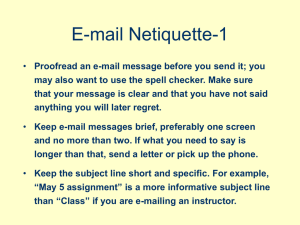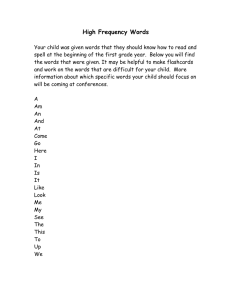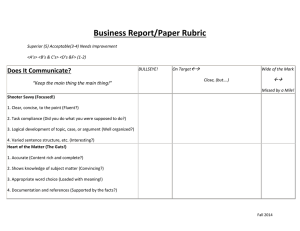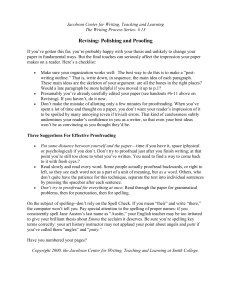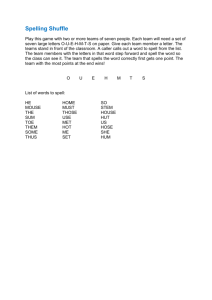2012 Annual Reports
advertisement
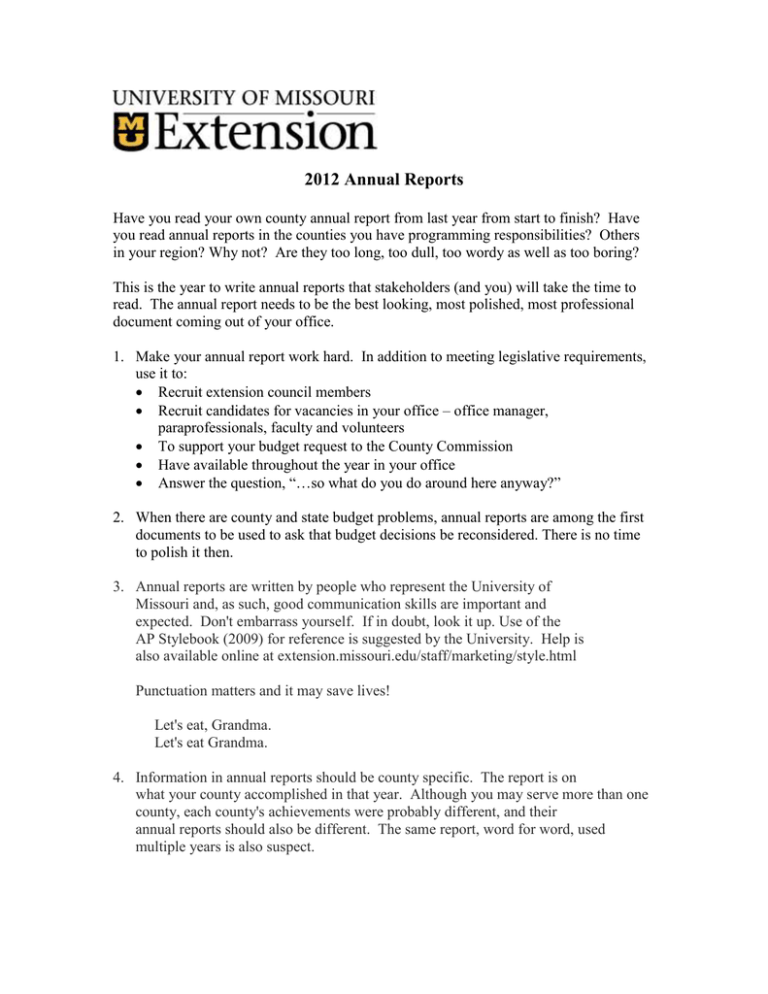
2012 Annual Reports Have you read your own county annual report from last year from start to finish? Have you read annual reports in the counties you have programming responsibilities? Others in your region? Why not? Are they too long, too dull, too wordy as well as too boring? This is the year to write annual reports that stakeholders (and you) will take the time to read. The annual report needs to be the best looking, most polished, most professional document coming out of your office. 1. Make your annual report work hard. In addition to meeting legislative requirements, use it to: Recruit extension council members Recruit candidates for vacancies in your office – office manager, paraprofessionals, faculty and volunteers To support your budget request to the County Commission Have available throughout the year in your office Answer the question, “…so what do you do around here anyway?” 2. When there are county and state budget problems, annual reports are among the first documents to be used to ask that budget decisions be reconsidered. There is no time to polish it then. 3. Annual reports are written by people who represent the University of Missouri and, as such, good communication skills are important and expected. Don't embarrass yourself. If in doubt, look it up. Use of the AP Stylebook (2009) for reference is suggested by the University. Help is also available online at extension.missouri.edu/staff/marketing/style.html Punctuation matters and it may save lives! Let's eat, Grandma. Let's eat Grandma. 4. Information in annual reports should be county specific. The report is on what your county accomplished in that year. Although you may serve more than one county, each county's achievements were probably different, and their annual reports should also be different. The same report, word for word, used multiple years is also suspect. 5. Reports should focus on participants - what they learned, how it made a difference in their lives and how the community, state, etc., benefit from their participation. Avoid reporting on what "I" did and focus on the program participants. Often a person just needs to add one more sentence to include the public value (how people that didn’t attend the programming benefit). 6. Do not use ampersands (&) or abbreviations. Identify acronyms after the first use (if you can't avoid using them). Here is an example: "At the Department of Natural Resources (DNR) we have lunch at noon. DNR people are always hungry." 7. Small print makes a report hard to read and text from edge to edge of the page will discourage readers. 8. It is more difficult to write short, succinct, meaningful reports than lengthy, rambling reports. 9. Proofread. Proofread. Proofread. Spell check is not sufficient. Spell check put in the word “abort” for “about” in a 4-H report, for example. Don’t rely on spell check alone. 10. It is still true that a picture can be worth 1,000 words. Photos need to be primarily of county people – the report is how people (not things) benefit from Extension programming.
